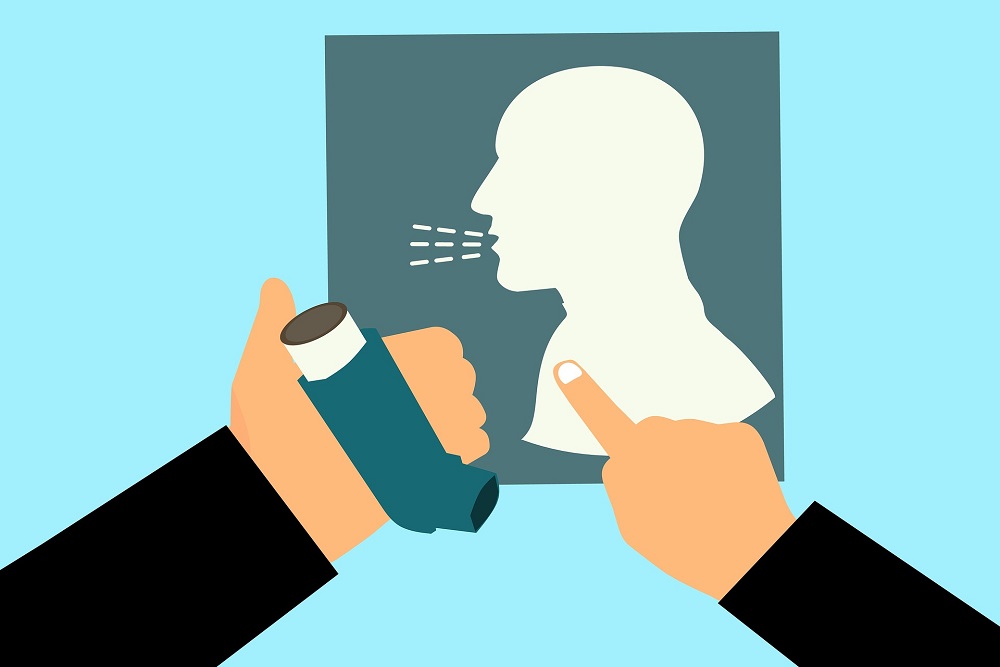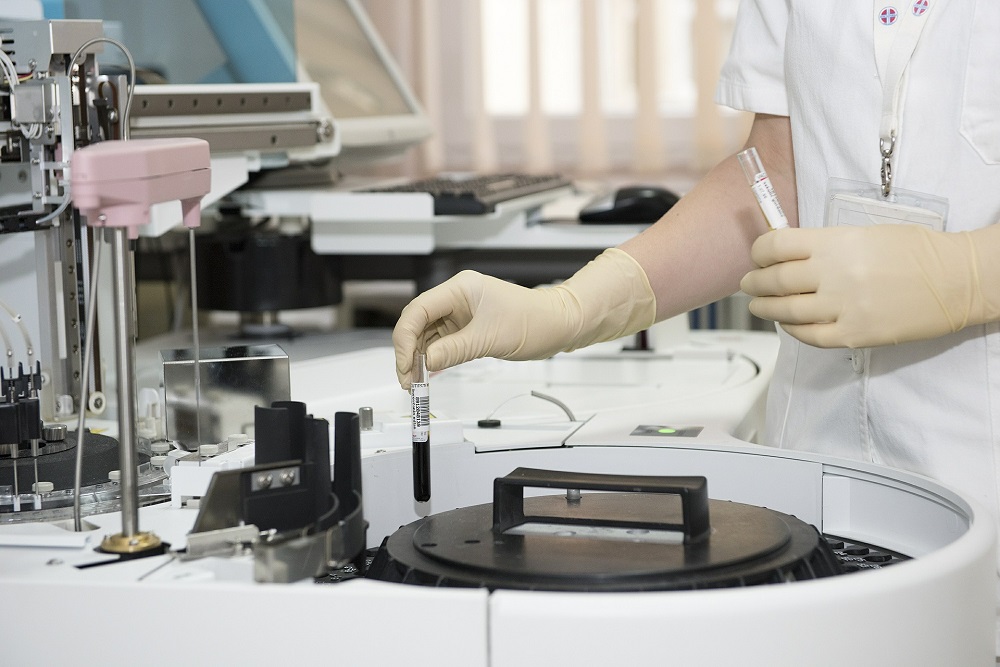The coronavirus quarantine has become the new normal for millions of families across the globe as more and more countries continue to enforce lockdowns to curtail it.
Wives and husbands are front liners, too, who deserve much respect. However, for many couples, the coronavirus quarantine means facing a future that potentially involves an indefinite amount of time spent in each others’ company.
While some couples are spending this time strengthening their relationships and focussing on meeting the couple’s goals, some are finding it increasingly difficult not to get under each others’ skin. And I’ll admit that I am as guilty as the rest of you.
In fact, a recently published article by Business Insider reveals after a month-long coronavirus quarantine, the Chinese city of Xi’an reported highest-ever divorce applications, suggesting that love is not always a bed of roses. It’s like marriage is a Ph.D. degree which you can’t quite finish. It’s a school of hard knocks.
How the brain works amid coronavirus quarantine
But have you wondered what goes on inside the brain of a quarantining couple? What really goes on when the tensions are high, quarters are close and that morning humming, that once sounded like a melody, starts making you want to scream at the top of your lungs?
Dr. Helen Fisher, who has researched and written extensively on brain chemistry and confidently puts forth her ideas on the evolution and future of marriages, love, and other relationship matters, says that she has experienced firsthand what love and hate can do to a brain.
While speaking with Elite Daily, Fisher claims that the modern-age couples are just not built to be around each other 24/7. It’s difficult for them to get used to the idea that this is the person I am going to be living, eating, sleeping, exercising, and even working with all day.
For many couples, it was normal to be like passing ships morning and night before COVID-19 terror started. Now, being with each other all day, under a tremendous amount of work pressure and financial stress is destroying even the most stable relationships. It’s a sink or swim situation for many quarantining couples, she says.
Charge up that dopamine
Commenting on the neurology part, Fisher believes what goes on inside the brain really depends upon how healthy or toxic your relationship is. If you are among those who are taking efforts to build a healthy relationship and enhance the overall relationship satisfaction during this coronavirus quarantine, then it will help you charge up the dopamine system.
Besides increasing the pain threshold, it will make you think positively and spread that buoyant outlook even when the world around you isn’t. Fortunately, many of these feel-good factors, according to Fisher, are under our control. Something as simple as a warm hug or a kiss can go a long way in ensuring that you are looking at the bright side when no one else is, she explains.
A recently published report by Harvard Medical School shows that a particular chemical compound called oxytocin, often triggered by sex, does wonders for your brain by helping you feel secure and composed, something that’s hugely critical in times like these.
Social distancing from your partner as well?
Now, moving on to the not-so-good part, what goes on inside a brain when even the mere sight of your mate drives you mad? For such couples, the coronavirus quarantine is no vacation in the Bahamas.
If that’s the case for you, unfortunately, Fisher continues, then the chronic stress from constant disagreements will lower the dopamine levels and ultimately diminish your spirits to a level that you feel distressed and depreciated all the time.
Dr. Joshua Klapow, a renowned clinical psychologist, believes that the coronavirus quarantine can make or break any two people in a relationship. If an indefinite period with each other makes you feel frustrated, then your brain will activate a cascade of stress hormones that eventually result in a survival mechanism called the fight-or-flight response, which impairs health dramatically.
Save your sanity during the quarantine
Okay, so we have established that dopamine is the ultimate feel-good chemical that we are in desperate need of. After all, this highly sought-after neurotransmitter is associated with the rush of new love, the first kiss, and the early formative stages in a relationship. But wait, most of us are way past that stage. Does it mean that the coronavirus quarantine will be the ultimate dopamine killer?
Thankfully Fisher thinks it is quite the contrary. If you seek ways to do things that you have never done with your partner before, then the dopamine rush is just waiting to happen. Focusing on the bright side, Fisher says that some people are taking this self-isolation relationship test very seriously and finding novel ways to keep their relationship as sparkly and exhilarating as before.
Having experienced these feelings firsthand, Fisher says that there are tried and tested ways to save a relationship during the coronavirus quarantine. Something as humble as cooking a meal together, homeschooling the kids, or even showing small acts of kindness such as bringing a cup of coffee when your partner is in a meeting, significantly contributes towards keeping the spark alive in a relationship.
Remember to balance I with we
And while doing that, Klapow adds, make sure you take out time for yourself now and then. Even the best of the relationships need alone time, and that’s critical for a better mental composure. Everything is put to the test in a relationship. The cementing factor is love, and you don’t learn it in school.
So, the next time you see your partner leaving the laundry on the bed, constantly munching on quarantine snacks or leaving the kitchen counter dirty, remember that getting married is not a dead-end but puts you where the current is quite strong because the economy of the country is built on families supporting the government.
Stay connected with critical thinkers you trust
Physical isolation becomes bearable when you can break those awkward silences. Watch an interesting sitcom which both of you can appreciate and talk about. Engage in a common activity that will get you talking. Simple things or creative ones – it’s your pick. Asking some people about how their relationships are working out in quarantine, we received illuminations on how COVID-19 has become a “learning platform”.
Karnika E. Yashwant says:
What we see of everyone is not the true person that they are. We cannot know someone until we have been through with him through thick and thin, chewed the fat with him, get to know his reactions to everyday occurrences, how he reacts to pressure, and oncoming danger. Fear is the best detector of a man’s breaking point – will he run and leave you? Or use you as a shield? If you’ve been with a man through the most difficult situations, then, you know you can trust him with your life.
No matter how high your IQ is, still, you might flunk the marriage test of a relationship if you are not willing to adjust. Maturity is a calling you can only take on if you love a person. That’s your final guarantee in a marriage or the coronavirus quarantine, in this case. You are the better half of your partner, not the opponent.







